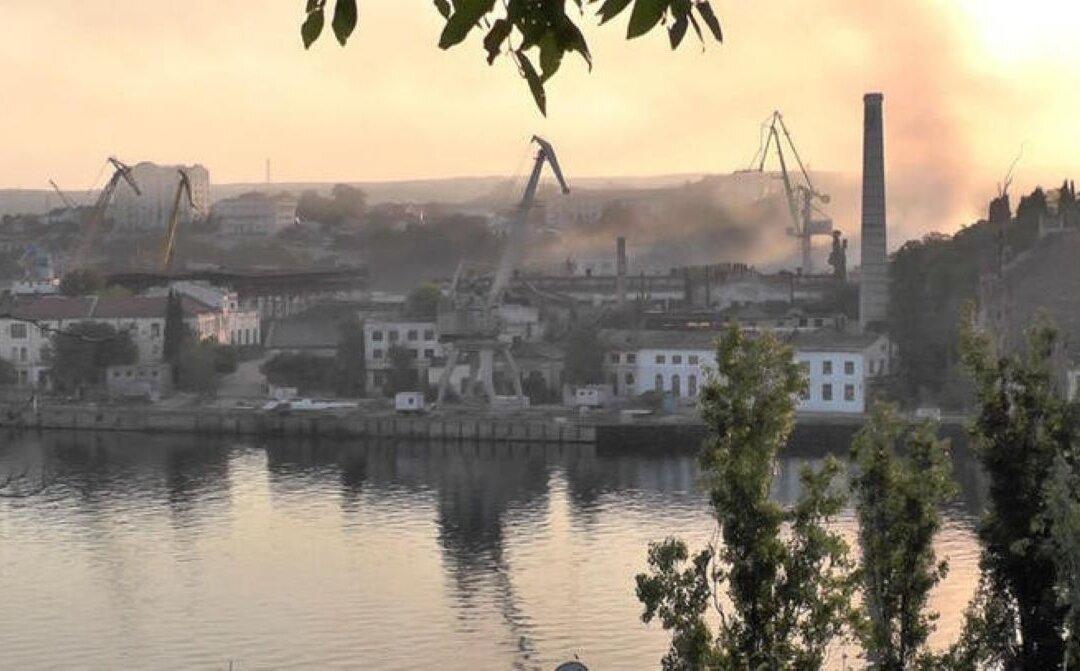A meeting between Russian President Vladimir Putin and North Korean leader Kim Jong Un has captured the media spotlight amid fevered speculation about a budding relationship between Moscow and Pyongyang.
But only hours before the two leaders met in Russia’s Far East, the port city of Sevastopol in Crimea came under cruise missile attack, according to Russian authorities.





